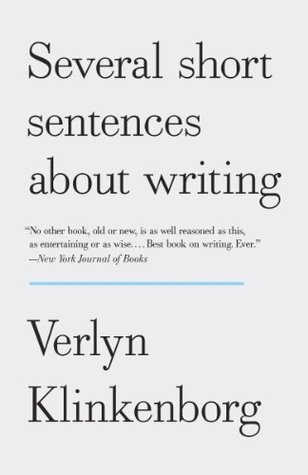More on this book
Community
Kindle Notes & Highlights
The only link between you and the reader is the sentence you’re making.
Who’s going to give you the authority to feel that what you notice is important? It will have to be you.
The emotional power the reader feels Depends on how clearly you know what your words are doing. That clarity isn’t natural. It’s artificial, the result of hard work.
Writers at every level of skill experience the tyranny of what exists.
It can be overwhelming—the inertia of the paragraphs and pages you’ve already composed, the sentences you’ve already written, No matter how rough they are. Whether you love what you’ve written or not, Those sentences have the virtue of already existing, Which makes them better than sentences that don’t exist.
Squander your material. Don’t ration it, saving the best for last. You don’t know what the best is. Or the last.
Get used to discarding sentences.
Anything that strikes you—anything that causes a subtle, inward sensation of discomfort, an inner alarm, no matter how faint—stop there and figure out what’s going on.
You’ll learn to live somewhere between certainty and flux.
“Done enough” sounds too callow to describe the compromise, So call it “perfection enough,” As perfect as possible under the circumstances.


